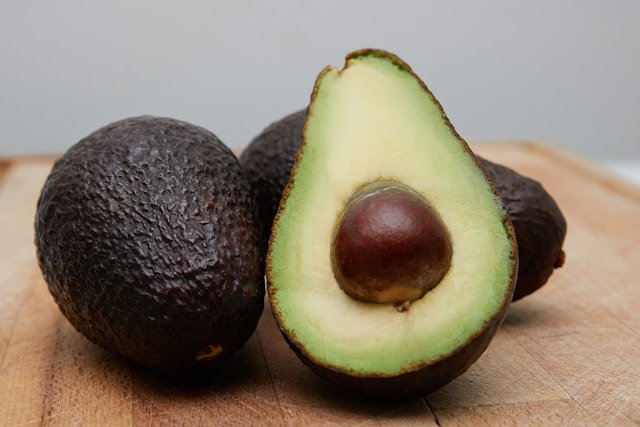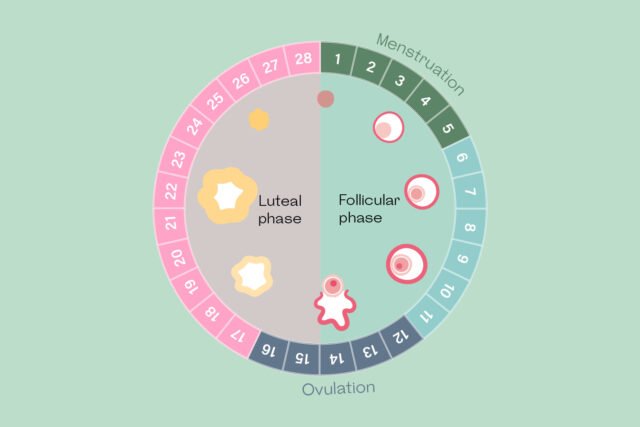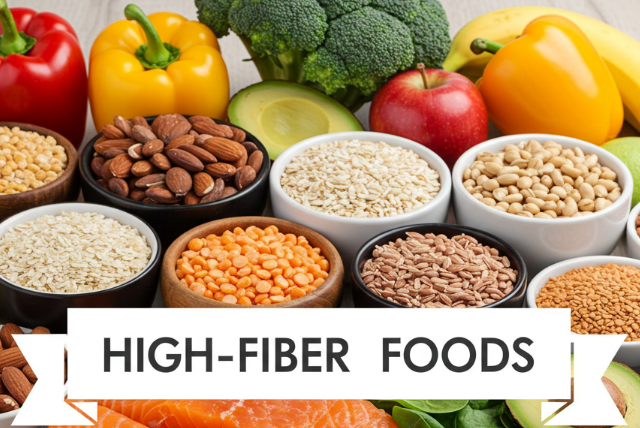
*This post may contain affiliate links. Read more.*
The Superfood You Need to Know About
Avocados are often praised as a superfood, but what does science actually say? According to A Comprehensive Review of Hass Avocado Clinical Trials, Observational Studies, and Biological Mechanisms, avocados have scientifically proven benefits for cardiovascular health, weight management, brain function, and gut health. If you’re looking for a natural way to boost your overall wellness, Hass avocados should be a staple in your diet.
The Health Benefits of Avocados
1. Heart Health
Clinical trials have shown that consuming one avocado a day can significantly lower LDL (bad cholesterol) while increasing HDL (good cholesterol). According to the review:
Compared to the average American diet, the Hass avocado diet significantly reduced total cholesterol (TC), LDL-C, and non-HDL-C compared to the moderate fat and low-fat diets (PubMed Central).
This means that adding avocados to your meals can be a simple and effective way to protect your heart. Many people assume that the fat content in avocados is unhealthy, but in reality, the monounsaturated fats they contain are beneficial for heart health.
2. Weight Management
Contrary to the myth that avocados are too high in fat, studies show that avocado consumers tend to weigh less and have smaller waist circumferences. The review states:
Hass avocado consumers had a 33% lower risk of becoming overweight or obese, a 32% lower risk of enlarged waist circumference, and a 50% lower risk of metabolic syndrome than non-consumers.
Avocados are rich in fiber and healthy fats, which promote satiety and reduce cravings. Eating avocados can help you feel fuller for longer, making them an excellent addition to weight-loss diets. I’ve personally found that adding half an avocado to my morning toast or smoothie keeps me energized and satisfied well into lunchtime.
3. Brain Function
Avocados contain lutein, a powerful antioxidant that improves cognitive performance. Research shows that daily avocado intake:
Significantly improved frontal cortex executive function ability, including sustained attention and efficiency in managing problem situations.
This means that regularly consuming avocados may help enhance memory, focus, and overall mental clarity. With more people looking for ways to support long-term brain health, incorporating avocados into daily meals is a delicious and simple strategy. I’ve personally noticed an improvement in my focus and energy levels since making avocados a regular part of my diet.
4. Gut Health
Avocados are also great for gut health. The review highlights that they:
Increase beneficial gut bacteria and enhance the production of short-chain fatty acids, promoting a healthier digestive system.
A healthy gut microbiome is crucial for overall well-being, from digestion to immune function. Avocados provide prebiotic fiber, which nourishes good bacteria in the gut and helps support digestion.
Simple Ways to Add Avocados to Your Diet
If you’re not sure how to incorporate more avocados into your meals, here are some easy and delicious ideas:
- Smoothies – Blend half an avocado with bananas, spinach, and almond milk for a creamy, nutrient-packed drink.
- Salads – Dice avocado into salads for a creamy texture and a boost of healthy fats.
- Avocado Toast – Spread mashed avocado on whole-grain toast and top with cherry tomatoes or a poached egg.
- Guacamole – A classic way to enjoy avocados with lime, tomatoes, onions, and cilantro.
- Avocado-Based Desserts – Use avocado as a base for chocolate mousse or dairy-free ice cream.
I personally love avocado toast with chili flakes and a sprinkle of sea salt—it’s my go-to breakfast when I need something quick yet nourishing.
Final Thoughts
Avocados offer impressive health benefits backed by science. Whether you’re aiming to improve your heart health, manage weight, boost brain function, or support gut health, adding avocados to your daily diet is a smart choice. Plus, they’re delicious and versatile, making them easy to incorporate into any meal.
Start incorporating avocados into your meals today and experience the benefits firsthand!
#avocado benefits #brain health #gut health #healthy eating #healthy fats #heart health #nutrition tips #superfoods #weight management










